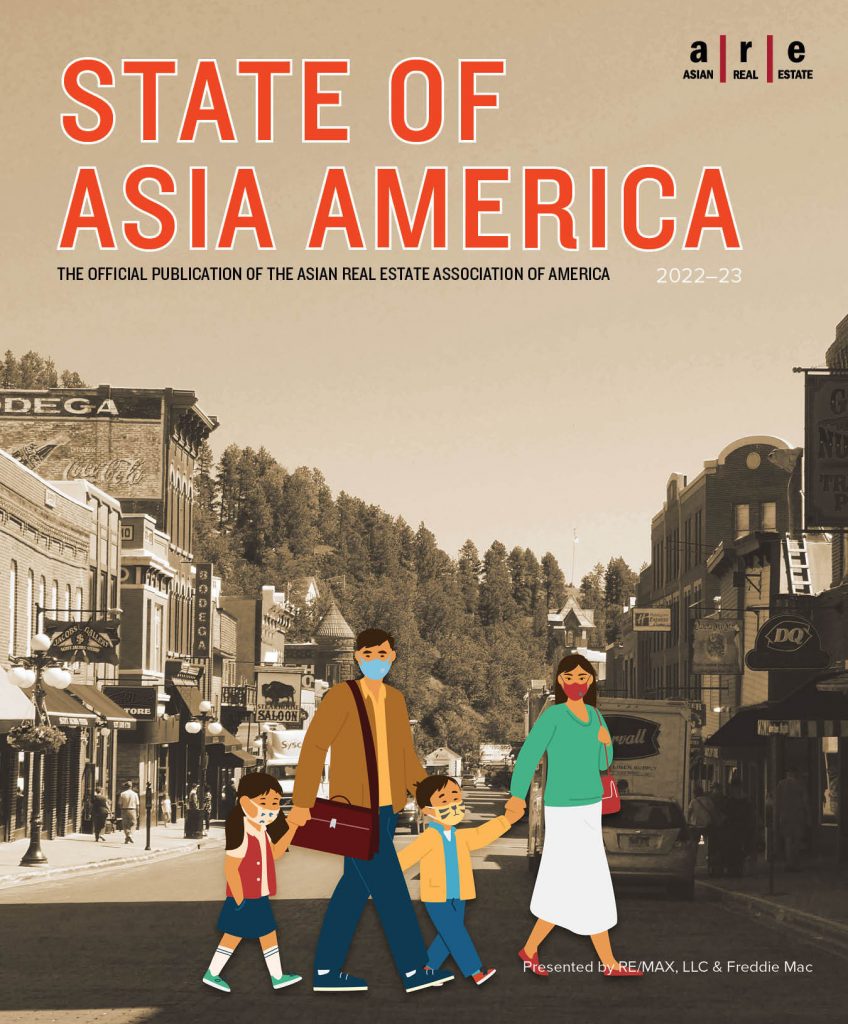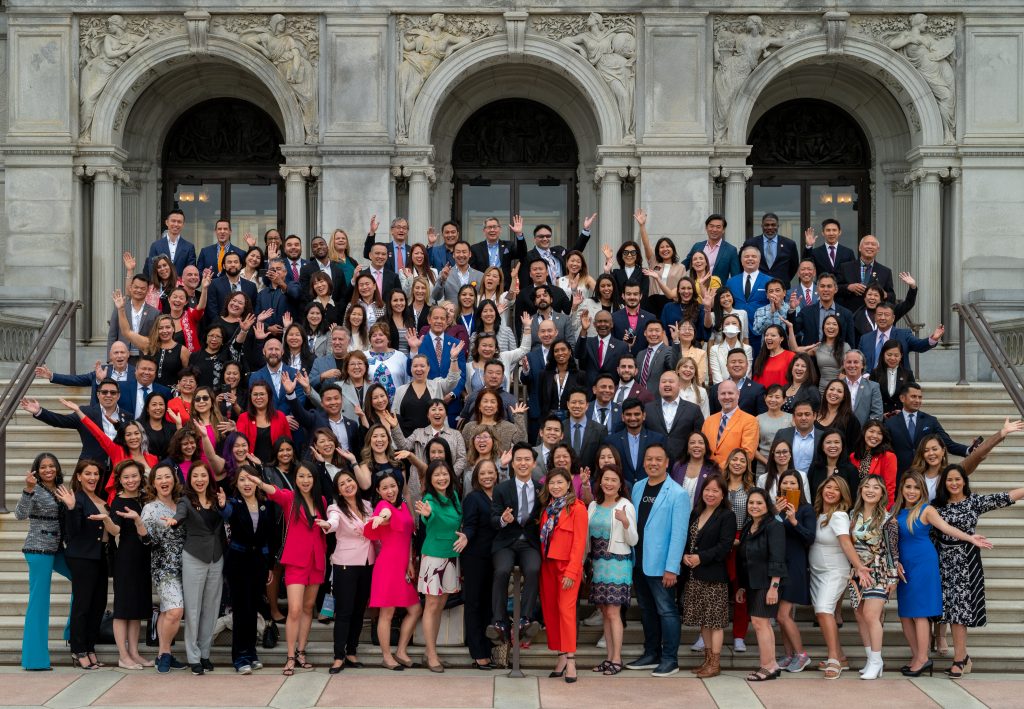Despite being the fastest-growing racial or ethnic group in the U.S., Asian Americans and Pacific Islanders continue to lag behind the U.S. average when it comes to home ownership, with anti-Asian racism impacting housing decisions. That’s according to the Asian Real Estate Association of America (AREAA), who recently released its 2022 State of Asia America report, a comprehensive review of the housing trends and associated issues facing the AAPI community.

The report includes some key findings, such as:
- AAPI home ownership is at 61 percent, versus the U.S. average of 64 percent.
- More than half of homebuyers and real estate professionals surveyed said they were concerned about specific neighborhoods or communities due to anti-Asian sentiments.
- One-third of homebuyers surveyed said that getting away from prejudice and discrimination was a major reason for a recent move.
- Plummeting affordability in specific markets is leading to AAPI migration to the Midwest and South. Two-thirds of prospective AAPI buyers say moving to an area with a lower cost of living is a top factor in their decision making.
- San Jose-Sunnyvale-Santa Clara, Los Angeles-Long Beach-Anaheim, San Francisco-Oakland-Berkeley, Boston-Cambridge-Newton, and New York-Newark-Jersey City are among the least affordable places for AAPIs to live.
- Minneapolis-St. Paul-Bloomington and Houston-The Woodlands-Sugarland are two of the most affordable major housing markets for AAPIs.

AREAA’s report includes comprehensive breakdowns of each major market, including home ownership of Asian Indian, Chinese, Filipino, Japanese, Korean, and Vietnamese sub-populations, as well as breakout sections about Native Hawaiians and Pacific Islanders and Asians in Canada. Founded in 2003, the Asian Real Estate Association of America (AREAA) is a national nonprofit trade organization dedicated to improving the lives of the Asian American and Pacific Islander (AAPI) community through homeownership. Visit areaa.org for more information.
 Crossings TV Asian Television – Home to Asian Americans
Crossings TV Asian Television – Home to Asian Americans